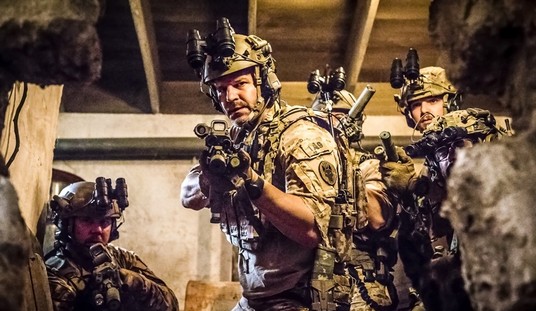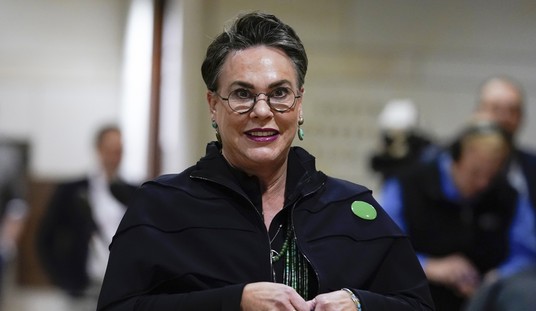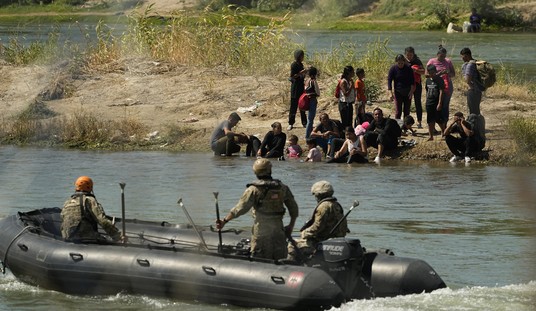
According to The Daily Mail, the BBC plans to ask reporters not to use the word ‘terror’ when describing a terror attack. They can, however, use the word if they are quoting someone else. A senior BBC official told the newspaper that, “It boils down to that phrase, ‘One man’s terrorist is another man’s freedom fighter.'”
This new rule for reporters will go into effect when the BBC publishes their new editorial guidelines shortly.
This is reminiscent of Obama’s Department of Homeland Security Secretary Janet Napolitano’s reference to “terrorist attacks” as “man-made disasters.”
Instead, The Daily Mail reports, “they will refer to terror attacks by naming specific details, such as the location and the method of slaughter used. Reporters would describe them as the London Bridge van attack or the Manchester Arena bomb attack instead.”
Not everyone is on board with this bow to political correctness and, understandably, MPs and others have “accused the broadcaster of ‘failing in its public service duty.'”
Former Home Office advisor and chief executive of the Think Tank Civitas David Green said:
If they don’t want to use that [the word terror] then they’re failing in their public service duty which is to be clear and accurate.
I think there is a common usage, which has some recognition in law, which if you use attempted killing or injury to a political objective, then that’s terrorism.
It would be misleading not to say that these are terrorist episodes if they are attempts to advance a political or ideological cause through violence.
The Christchurch one [in New Zealand] was someone a bit wacky but he was trying to make a political point, and all the Islamist episodes are aimed at a political outcome.
Conservative MP Andrew Bridgen said, “They are terrorists and these are terror attacks. The BBC should not try to sanitise the behaviour of terrorists by not calling it out.”
A BBC source said, “bosses are eager to report terror attacks consistently, regardless of the terrorists’ political ideology. But instead of branding them all as terror attacks and risk accusations of bias, it wants to avoid the word altogether.” He added, “Our question is, ‘Is Darren Osborne [who was behind the Finsbury Park terror attack] a terrorist?’ He is being motivated by far-right thinking, in the same way as the guys in the attack on London Bridge. Consistency will be the key.”
Needless to say, many BBC reporters are unhappy by this latest request. One said, “The end result is a desire to squeeze the word terror out altogether, which many people think is nuts.”
The BBC guidelines currently tell reporters not to use the words “terrorist” or “terrorism.” These words were banned during the time of the IRA bombings.
The guidelines state: “Terrorism is a difficult and emotive subject with significant political overtones. Presenters use the words “militant” or “jihadists” as substitutes.”
The BBC was criticized for referring to the Christchurch, New Zealand “terror attack” in March as the Christchurch shooting.” Facing disapproval over this characterization of the incident, BBC News editorial director Kamal Ahmed said, “There is no agreed definition of what a terrorist is. There was no ban on any expression.”
When jihadists conspire to kill innocent civilians to make a statement, that is an act of terrorism. The perpetrators are terrorists and nobody should be worried about offending them or those who sympathize with them. And to pretend otherwise is a great disservice to their readers and listeners.














Join the conversation as a VIP Member